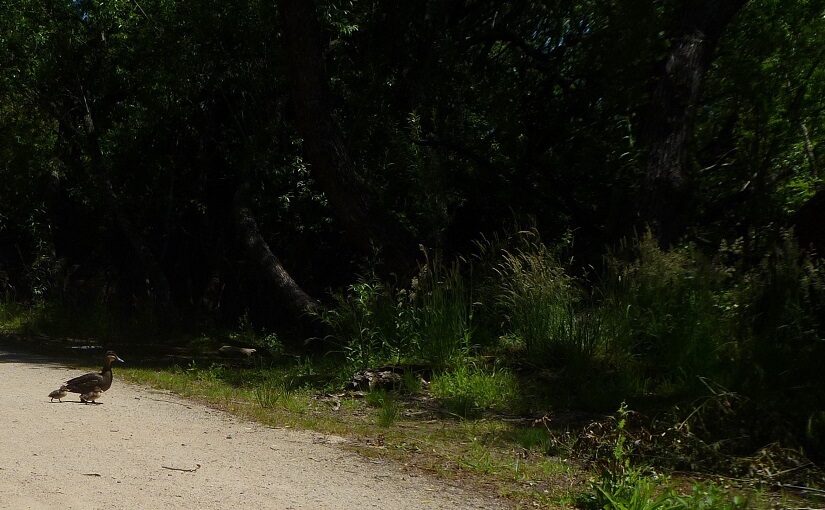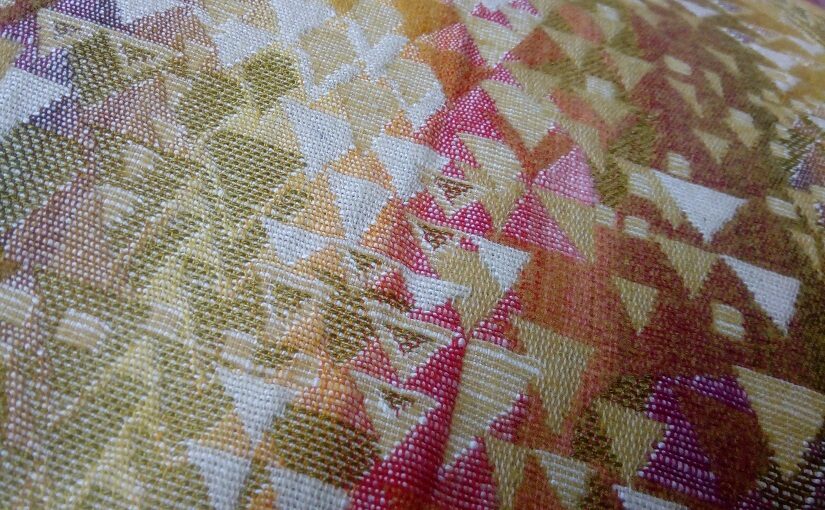How much of life has now been taken apart and put back together in a different format? Almost as if, these last few decades or so, people have simply been analysing and breaking down life’s component parts to rearrange them all in new ways. As if modern life “is” this act of deconstruction as we reimagine what life could be and how things could work differently.
Maybe that’s part of what technology’s given us: the power to reconstruct society. This sense in which we “can” now gather enough data to fairly confidently reconfigure our lives in dramatically altered ways – we have enough insight into “how things are” to design “how they could be” and make sure almost all life’s loose ends get tied up in these neatly designed new systems.
Isn’t it fascinating, that we’re living in a time where a relatively small group of people can develop their vision and put it in place all around and throughout our lives? That “how things have always been done” – the slowly developed, long-held traditions of every corner of the globe – could so easily come up against this strong surge of disruption that can sweep away centuries or millennia of human development. (Notes One)
And disruption seems great in that it’s hard to imagine how the long-established “grip” of tradition could ever have been shaken loose without it (Notes Two), but how much “better” are the solutions being put in their place? How much more harmonious, inclusive or sustainable are the ideas these small groups have for our lives? How accountable or transparent are those people and their visions for our future?
Sometimes it just seems a lot is being trimmed out and cast aside during this reinvention process – a lot of things we might’ve hoped to keep, if given the choice. I mean, might it not turn out that important elements of “our lives” were deemed irrelevant by those at the helm of this “new world” being ushered in around us? That seemingly insignificant, inconvenient values, principles or activities might casually be omitted.
Things like community; empathy; genuine human connection; meaning; honesty; privacy; compassion; freedom; standards; respect; security; infrastructure; the ability to communicate; truthful relationships with reality; or understanding our value in the flow of time. Not to say modern technology’s solely responsible for any such difficulties we might be having, but it doesn’t always seem to be helping (Notes Three).
It just seems that, in this grand project of reimagining “life”, a lot of things that we might take for granted and/or truly rely upon as we attempt to live sustainably, harmoniously and responsibly alongside others don’t necessarily seem to be high priorities in the eyes of those redesigning how our lives are going to be.
If there’s not comprehensive, inclusive wisdom behind how we’re living, how can we hope the systems set in motion around us will lead to a place where we can happily call ourselves human and feel comfortable with how we’re treating all that’s surrounding us?
Notes and References:
Note 1: The self within society
Note 1: The picture data paints of us
Note 1: Pace of change & getting nowhere fast
Note 1: Learning from the past, looking to the future
Note 1: Everything culture used to be
Note 2: How quickly things can change
Note 2: Tools
Note 2: Ideas that tie things together
Note 2: Solving all the problems we’re creating
Note 2: Where’s the reset button & can we press it?
Note 3: Modern challenges to relationship
Note 3: Connecting truthfully with life
Note 3: Humans, tangled in these systems
Note 3: Situations which ask us to trust
Note 3: Value and meaning in our lives










